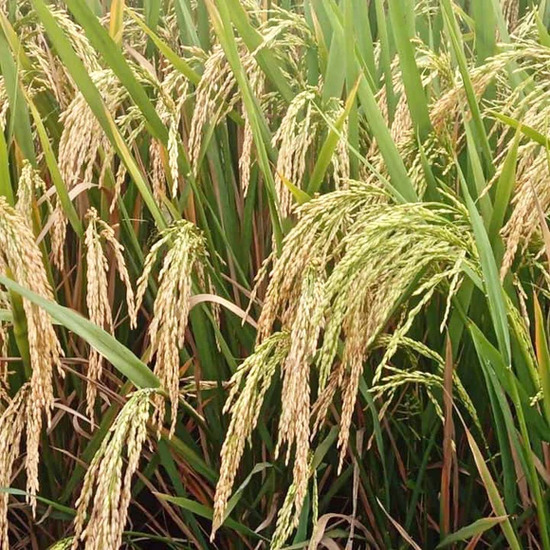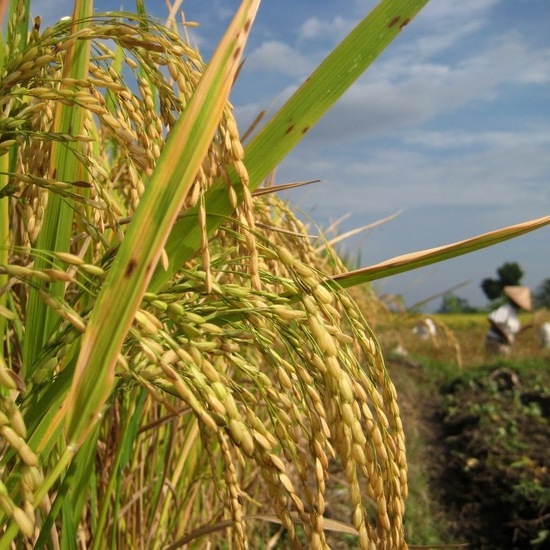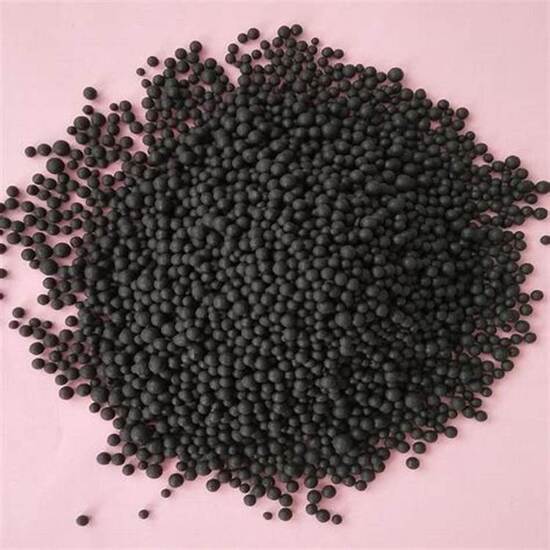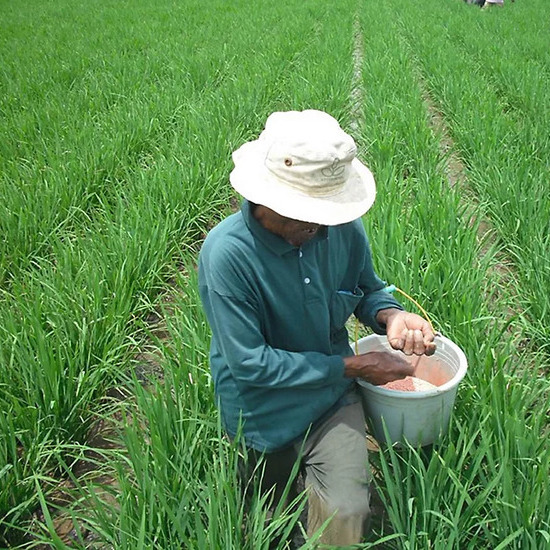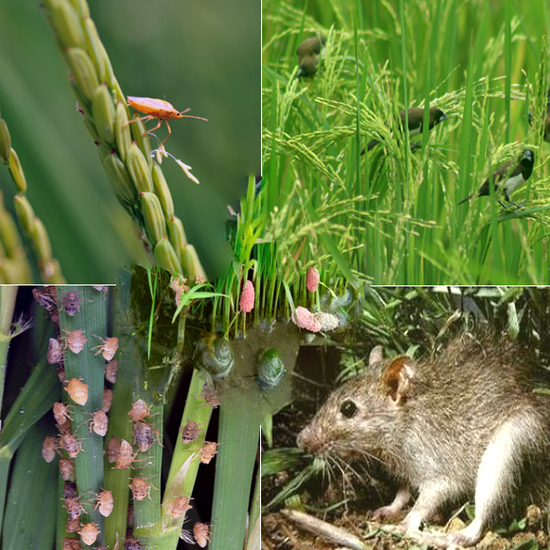Practical Guide: How to Overcome Blast Disease in Rice Plants
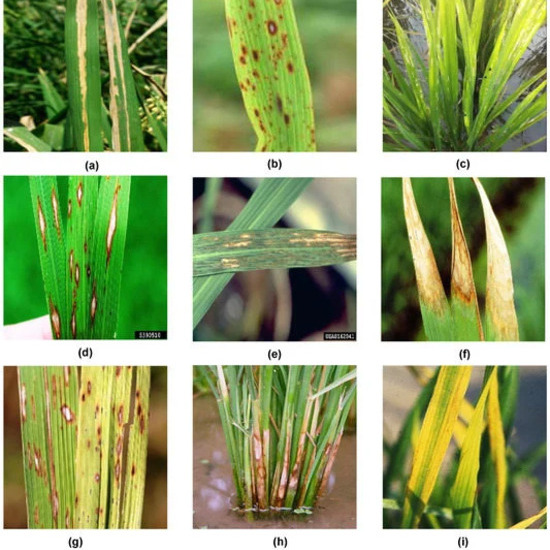
Rice blast disease, caused by the fungus Magnaporthe oryzae, is a serious threat to rice plants in Indonesia. This disease can attack various parts of the rice plant, including leaves, stems, and panicles, causing a significant decrease in yields. The impact is very detrimental to farmers, because this disease can cause crop failure if not handled properly. Therefore, understanding how to identify, prevent, and control rice blast disease is very important for the sustainability of rice farming businesses in Indonesia.
This article will provide a complete guide for farmers in dealing with rice blast disease. Starting with steps to recognize the symptoms of this disease on various parts of the plant, such as spots on the leaves and panicle necks. Next, this article will discuss various prevention strategies that can be applied to reduce the risk of infection, including selecting disease-resistant varieties, good land management, and proper planting timing.
Not only that, this article will also describe effective control methods if the blast disease has attacked rice plants. The use of appropriate fungicides, biological control, and balanced fertilization are some of the methods that can help overcome this disease. PT Matari Agro Indonesia, as a provider of integrated agricultural consulting services and training centers, will also explain its role in supporting farmers through training, extension, and the application of modern technology.
Finally, this article will highlight the importance of government policies in supporting efforts to control rice blast disease. Seed and fertilizer subsidies, agricultural insurance programs, and intensive technical assistance and extension are some forms of support that can help farmers deal with this disease. With a comprehensive approach and support from various parties, it is hoped that rice farmers in Indonesia can increase productivity and national food security.
Identification of Rice Blast Disease Symptoms
The first step in dealing with rice blast disease is to recognize the symptoms. Rice blast symptoms vary depending on the part of the plant affected:
- Leaf Blast: Initial symptoms are usually small gray or bluish-green spots that then enlarge into a diamond shape with brown or red edges. These spots can cause the leaves to dry out and die.
- Neck Blast: Attacks the base of the panicle (neck), causing the panicle to turn brown and break.
- Node Blast: Attacks the stem segments, causing the segments to turn brown and break easily.
Rice Blast Disease Prevention Strategy
Prevention of rice blast disease requires an integrated approach that includes agronomic practices, selection of resistant varieties, and environmental management. Some preventive measures that can be taken include:
- Blast-Resistant Variety Selection: Planting rice varieties that are resistant to blast disease can reduce the risk of attack.
- Land and Crop Management: Maintaining land cleanliness by cleaning up rice plant debris after harvest and rotating crops can reduce sources of infection.
- Planting Timing: Planting at the right time can avoid weather conditions that support the development of the disease.
- Water Management: Manage irrigation properly to avoid excessive waterlogging and increase soil aeration.
Rice Blast Disease Control Methods
If blast disease has attacked rice plants, several control methods that can be applied include:
- Fungicide Application: Proper and scheduled fungicide applications can help control the spread of the disease. Some fungicides that are effective against rice blast include mancozeb, tricyclazole, and isoprothiolane.
- Biological Control: Utilizing biological agents such as antagonistic fungi Trichoderma spp. and bacteria Pseudomonas fluorescens can help reduce blast infections.
- Balanced Fertilization: Proper fertilization with balanced nutrients, especially nitrogen, phosphorus, and potassium, can increase plant resistance to disease attacks.
- Sanitation and Disinfection: Cleaning agricultural tools and disinfecting them before and after use can prevent the spread of pathogens.
The Role of Technology and Education in Controlling Blast Disease
The application of modern technology and education for farmers is very important in controlling rice blast disease. PT Matari Agro Indonesia, as a provider of integrated agricultural consulting services and training centers, is committed to supporting farmers through:
-
Training and Extension: Providing routine training on the identification, prevention, and control of blast disease.
-
Utilization of Digital Technology: Using digital applications for real-time plant monitoring, so that farmers can immediately take action if blast symptoms are detected.
-
Development of Superior Varieties: Collaborating with research institutions to develop rice varieties that are more resistant to disease.
Government Policy and Support for Farmers
Government policies also play an important role in controlling rice blast disease. Some policies that can support farmers include:
- Seed and Fertilizer Subsidies: Providing subsidies for quality and disease-resistant seeds and fertilizers.
- Agricultural Insurance Program: Provides insurance programs that protect farmers from losses due to disease attacks.
- Extension and Technical Assistance: Increase farmers’ access to information and technical assistance through intensive extension programs.
Addressing rice blast disease requires a comprehensive and integrated approach. By recognizing early symptoms, implementing appropriate preventive measures, and using effective control methods, farmers can reduce the impact of this disease on crop yields. PT Matari Agro Indonesia plays an active role in supporting farmers through education, technology, and innovation to improve productivity and national food security.
Matari Agro Indonesia is one of the most affordable and farmer-friendly agricultural consulting companies in Indonesia. We provide top-class agricultural consulting services nationwide with the help of a diverse team of scientists, operational experts, and technology. If you are looking for a better return on your agricultural investment, contact the Matari Agro Indonesia team today!
